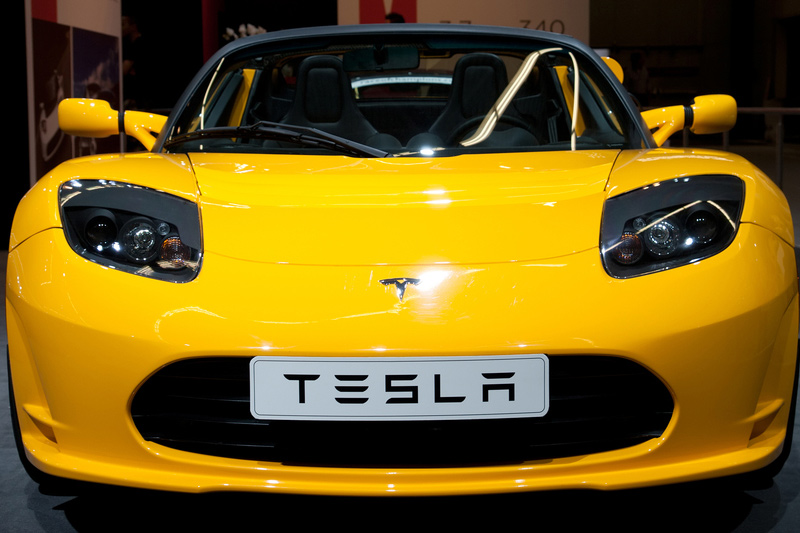EU Imposes Up to 45.3% Tariff on Electric Vehicles Imported from China
The European Union has begun implementing new tariffs of up to 45.3% on electric vehicles (EVs) imported from China. This decision marks the outcome of the EU's anti-subsidy investigation and has led to retaliatory measures from Beijing amidst discussions within Europe.
The European Commission announced varying additional tariffs depending on the manufacturer. While a 7.8% tariff will be applied to Tesla's EVs produced in China, a 35.3% tariff will be levied on vehicles from China's SAIC. These tariffs will be applied in addition to the EU's standard 10% automobile import duty. A senior EU official confirmed that these tariffs were officially approved on Tuesday and will come into effect the day after being published in the EU Official Journal. Publication is expected to occur today or Wednesday.
The Commission justified these tariffs as a necessary response to unfair subsidies provided to Chinese manufacturers. Such subsidies include preferential financing, grants, and access to land, batteries, and raw materials below market prices. Considering China's annual EV production capacity of 3 million vehicles — double that of the EU market — the Commission expresses concerns about a potential influx of Chinese EVs, especially given that the US and Canada already impose 100% tariffs.
Beijing criticized the tariffs as protectionist and stated that they would damage bilateral relations and supply chains. In what appears to be a retaliatory move, China launched investigations into the EU's brands, dairy products, and pork products and has contested the EU's temporary measures at the World Trade Organization.
The EU's move comes at a time when European car manufacturers are competing against lower-cost Chinese EVs. The market share of Chinese EVs in the EU has increased from less than 1% in 2019 to 8%, with potential to reach 15% by 2025. The Commission highlights that Chinese models are typically priced 20% lower than those produced in the EU.
Over the past five years, attitudes within the EU towards China have hardened, with the country seen as a partner, competitor, and systemic rival. However, EU member states are divided on the issue of EV tariffs. Earlier this month, Germany, which hosts a significant automotive industry, opposed the tariffs. In the voting, 10 EU members supported the tariffs, while five were against them and 12 abstained. German automakers are particularly concerned that the EU's measures could encourage China to impose higher taxes on large gasoline-engine vehicles, which could severely impact them.
The timing of these tariffs is sensitive, as workers in the German industry, including those at Volkswagen, are striking for higher wages. Volkswagen is also considering an unprecedented closure of its domestic plants. Meanwhile, Hungarian Prime Minister Viktor Orban has warned of an "economic cold war" with China.
In contrast, France's PFA automotive union welcomed the tariffs, emphasizing support for fair free trade. The Commission conducted eight rounds of technical negotiations with China to seek alternatives to the tariffs and stated that it remains open to continuing discussions despite significant differences.
The impact of the tariffs on consumer prices remains uncertain, as some manufacturers may absorb the costs. According to data from the China Passenger Car Association, China's EV exports to the EU fell by 7% in the first nine months of 2024 compared to the previous year, but companies experienced a surge in August and September as they anticipated the new tariffs.


